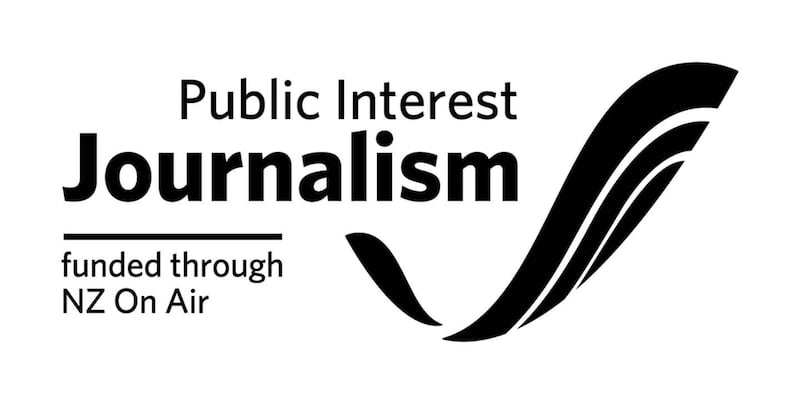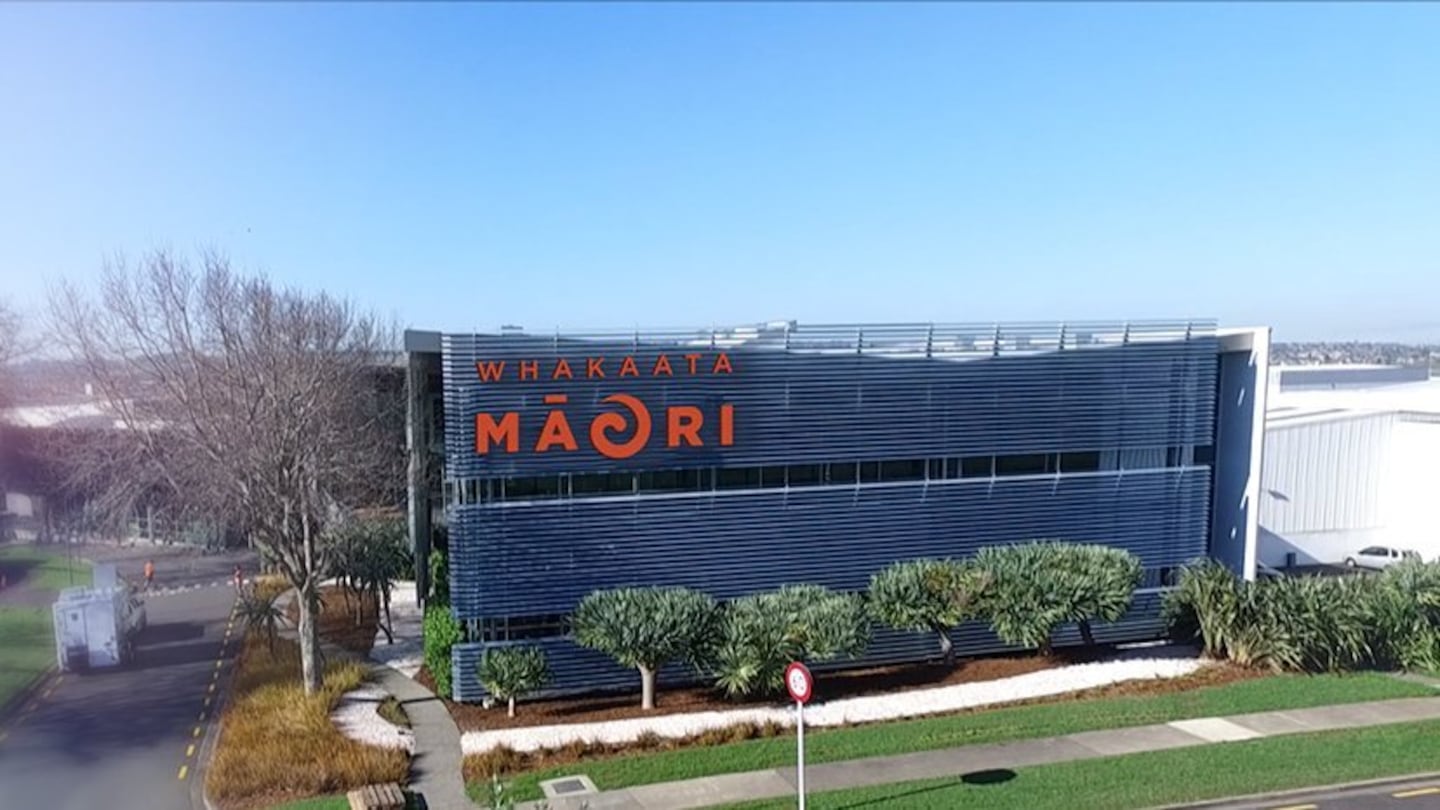Whakaata Māori welcomes decisions announced today by Māori Development Minister, Willie Jackson, that seek to strengthen the Māori Media sector.
“Tēnei te mihi ki te Minita Whanaketanga Māori mōna e tautoko nei, e ārahi nei, otirā, i tāna whai ki te paremata i te iti o te pūtea kua tukuna ki te rāngai i roto i ngā tau.
"Kua whakaū te arotake i te tūranga hira o Whakaata Māori ki te whakaāhei i tā ngāi Māori tuku i ngā kaupapa Māori mā te reo Māori, mā te āhua Māori hoki," Whakaata Māori tāhuhu rangapū Shane Taurima says.
(We acknowledge the support and leadership of Māori Development Minister and the steps taken to address longstanding funding inequities, build a strong workforce, strengthen Māori storytelling in te reo Māori and English, and ensure more Māori content is accessible to audiences.)
Jackson today released the long-awaited Māori Broadcasting Strategy, a three-year plan that outlines the priorities for the sector.
“Māori media plays a vital role in normalising and revitalising te reo Māori and helps us work toward the Maihi Karauna goal of one million New Zealanders speaking basic te reo Māori by 2040. It’s important to have quality Māori content available to all New Zealanders – in both te reo Māori and English – to raise the status of te reo Māori and build cultural and national identity,” Jackson says.
Changes are on their way for Māori broadcasting.
'In a strong position'
The cabinet paper sets out key actions that form the foundation of the plan. This includes setting clear outcomes and priorities for the sector, improving coordination with the wider public media system, and supporting workforce development, investing in the sector as it transitions to a new public media environment, improving entity arrangements (including considering directly funding Whakaata Māori for content) and updating legislation for Māori media.
“This kaupapa is a culmination of several years’ work on the future of Māori media,” Jackson said.
“We are now in a strong position to build the workforce, respond to advances in media, and work collaboratively with other agencies, such as Manatū Taonga, to progress this mahi.”
Radio Ngāti Porou station manager Erana Keelan-Reedy says the sector needs to work closer with wharekura and secondary schools to attract rangatahi into the sector, whether it be on radio, television or digital media.
"Kei te puta ētahi rangatahi kāore i te tino aro ki ēnei momo mahi pērā kia mātou 30 tau ki muri nō te mea ko ngā korero o te wā kei runga i tō wāea. He ngāwari noa iho te whakapā atu ki tēnā kaupapa, ki tēnā kaupapa. Me timata ki ngā wharekura ki ngā kura kaupapa Māori ki te whakaoreore i a rātou ki ēnei mahi."
(Some rangatahi are leaving school not knowing anything at all about the media sector as we did more than 30 years ago because their world is almost completely available online. It's so easy to do everything on their phones. So we need to start promoting the industry in kura Māori to motivate them into joining.)
Whakaata Māori's role
Taurima says the review has reinforced the important role Whakaata Māori plays in telling Māori stories and the need for greater support.
"He mea whakaatu anō tēnei, e tika ana kia wawe tā te kāwanatanga aro ki te rerekē o tāna tuku pūtea tautoko ki te Rāngai Pāpāho Māori, tērā i tāna tuku pūtea ki ngā umanga pāpāho tauiwi. He nui kē atu ngā kawenga a ngā kaiwaihanga kaupapa Māori, engari he iti iho te pūtea. Kua roa kē e pēnei ana te iti o te pūtea, kāore hoki i taurite. Nā tērā, kua aupēhia te whanaketanga me te eke panuku o te rāngai i te horanuku hurihuri o te ao pāpāho. E ngākau roroku ana mātou i runga i te manako nui ki tā te Rāngai Pāpāho Māori me te Hinonga Pāpāho Tūmatanui whakatika i taua hē."
(It also highlights the urgent need for government to address funding inequities that exist between Māori and non-Māori media. Māori content creators are required to deliver so much more, for so much less. Long-standing underfunding and inequity has undermined our and the wider sector's role to keep pace with an ever-changing media landscape. We are optimistic about how both the Māori and public media address this unfairness.)
Changes to Māori television law
Whakaata Māori welcomes the decision to modernise the Māori Television Service Act.
"Mā tēnei ka pai ake te tautoko i tā mātou mahi hei hinonga pāpāho e kawe ana i ngā kaupapa whakahihiri ki te reo Māori, ki ngā pae pāho huhua anō hoki," Taurima says.
(This step will better support our role as a media entity that delivers compelling Māori and te reo Māori content across multiple platforms.)
"E tū nei a Whakaata Māori nā ngā mahi a te hunga i tohe kia ora tonu te reo ūkaipō. Ahakoa e tika ana kia whakahīhī i tērā, he nui tonu ngā mahi hei whakatutuki. E ngākau reka ana mātou ki te tautoko tonu i ngā mahi whakarauora reo hei tautoko i te rere o te reo Māori, kia tupu te ahurea me te tuakiri o te motu,"he says.
(Whakaata Māori exists because of the efforts of those who fought for the retention and survival of our mother tongue. While there is so much to be proud of, there is so much more to be done, and we look forward to continuing to support language revitalisation efforts that support the use of te reo Māori and build cultural and national identity).
Whakaata Māori is on track to report an 11% increase in average weekly audience across all platforms and a 21% increase in average weekly audience across digital platforms in our annual report for the 2021/22 year.


